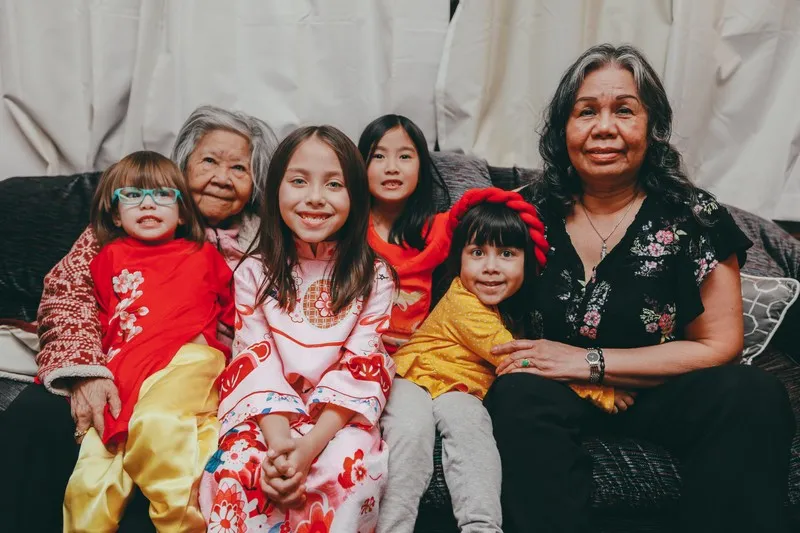In the field of sociology, the concept of ancestry plays a crucial role in understanding the social dynamics and identities of individuals and groups. Ancestry refers to the lineage or descent of a person or a group of people, tracing their origins back through generations. This article aims to outline and explain the significance of ancestry in sociology.
1. Ancestry as a Social Construct
Ancestry is not simply a biological or genetic fact but is also a social construct. It is shaped by cultural, historical, and social factors. Societies assign meaning and value to different ancestral backgrounds, creating hierarchies and divisions based on ancestry.
For example, in many societies, certain ancestral backgrounds are privileged, while others are marginalized or stigmatized. Ancestry can influence social status, opportunities, and access to resources. It can also impact individuals’ sense of identity, belonging, and cultural practices.
2. Ancestry and Identity Formation
An individual’s ancestry often plays a significant role in their identity formation. People often develop a sense of belonging and attachment to their ancestral heritage, which shapes their self-perception and how they relate to others.
For instance, individuals may identify themselves with a particular ethnic, racial, or cultural group based on their ancestry. This identification can influence their cultural practices, language, traditions, and values. Ancestry can also contribute to the formation of collective identities and communities.
3. Ancestry and Social Stratification
Ancestry is closely linked to social stratification, which refers to the division of society into different social classes or groups based on various factors, including ancestry. Societies often create hierarchies and inequalities based on ancestral backgrounds.
For example, in many societies, individuals with a certain ancestral background may have greater access to education, employment opportunities, healthcare, and political power. On the other hand, individuals with marginalized ancestral backgrounds may face discrimination, prejudice, and limited opportunities.
4. Ancestry and Intersectionality
Ancestry intersects with other social categories such as gender, class, and sexuality, shaping individuals’ experiences and opportunities. Intersectionality recognizes that individuals’ identities and social positions are influenced by multiple interconnected factors, including ancestry.
For instance, an individual’s experience of discrimination or privilege may be shaped not only by their gender or class but also by their ancestral background. Intersectionality highlights the importance of considering the complex interplay of various social categories, including ancestry, in understanding social inequality and identity.
5. Ancestry and Cultural Diversity
Ancestry contributes to the rich tapestry of cultural diversity within societies. Different ancestral backgrounds bring forth unique traditions, languages, beliefs, and practices, enriching the cultural fabric of a society.
Appreciating and valuing diverse ancestral backgrounds can foster social cohesion, understanding, and respect. It allows for the recognition and celebration of the contributions made by different communities, promoting a more inclusive and pluralistic society.
Conclusion
Ancestry is a multifaceted concept in sociology, encompassing both biological and social dimensions. It influences identity formation, social stratification, and cultural diversity. Understanding the significance of ancestry helps us comprehend the complexities of social dynamics and the diverse experiences of individuals and communities.
By recognizing and valuing the diverse ancestral backgrounds within society, we can work towards creating a more equitable and inclusive world.





